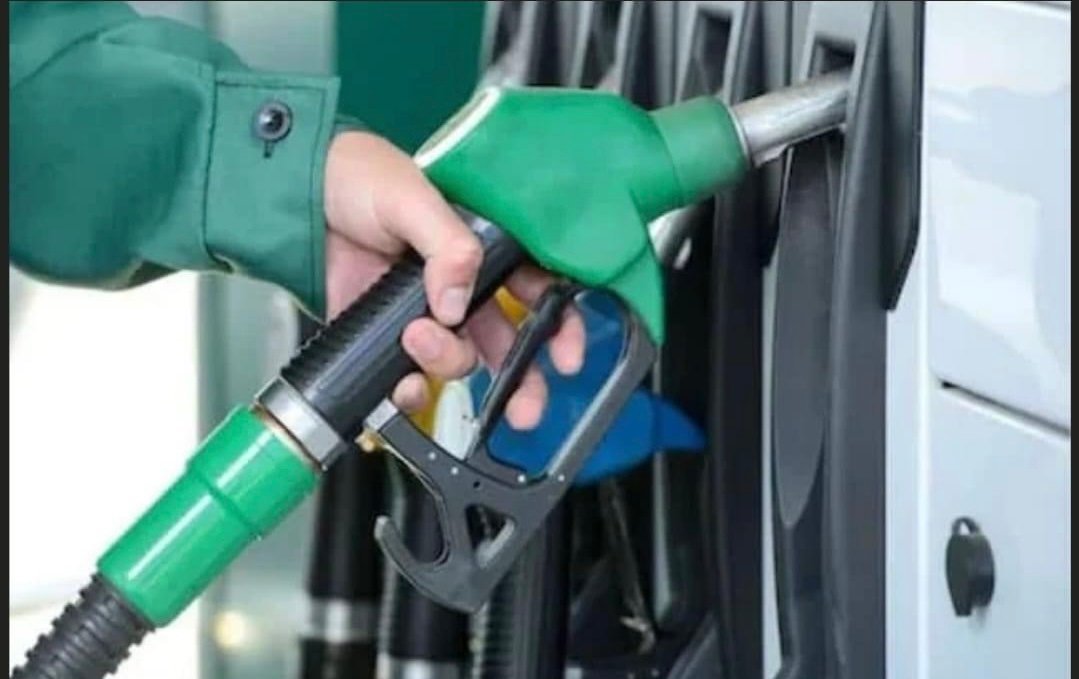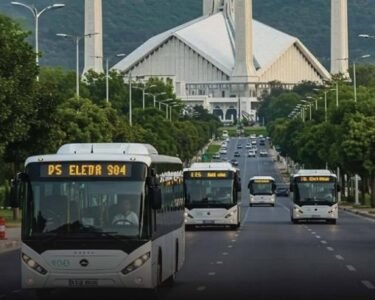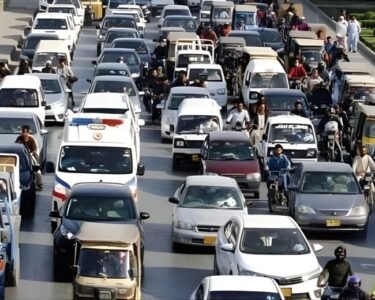As Pakistan prepares to enter the new fiscal year, citizens should brace for another sharp increase in fuel prices, with petrol and diesel rates expected to rise by Rs. 11.43 and Rs. 14.86 per litre, respectively. The new prices, set to take effect from July 1, 2025, are pending final approval from Prime Minister Shehbaz Sharif following formal recommendations from the Oil and Gas Regulatory Authority (OGRA).
What’s Driving the Expected Petrol Price Hike in Pakistan?
While local fiscal pressures remain a key reason behind the proposed fuel price hike, the situation is compounded by strategic economic reforms and fluctuating global oil trends.
OGRA has submitted its revised petroleum pricing summary to the Petroleum Division and the Ministry of Finance, which will soon forward it to the Prime Minister for approval. Although international oil prices recently softened—Brent crude dropped by $0.12, settling at $67.65 per barrel—Pakistan’s domestic pricing remains vulnerable to exchange rate volatility, import costs, and tax reforms introduced in the FY2025–26 budget.
New Carbon Levy Introduced from July 1
A key factor in the upcoming fuel price surge is the introduction of a carbon levy of Rs. 2.5 per litre on petrol, starting July 1. This move aligns with Pakistan’s commitment under the Resilience and Sustainability Facility (RSF) agreement with the International Monetary Fund (IMF).
The carbon levy is expected to generate Rs. 46 billion in FY2025–26 and will double to Rs. 5 per litre in the following fiscal year. The policy aims to reduce reliance on fossil fuels, curb emissions, and promote sustainable energy use by incorporating the environmental cost of fuel into its pricing.
Global Oil Trends vs. Local Realities
Interestingly, the expected local price hikes come amid signs of easing in global oil markets. With OPEC+ hinting at possible increases in output starting August, analysts had anticipated some relief in fuel costs. However, economic uncertainties, global inflation, and local fiscal requirements are keeping fuel prices high in Pakistan.
What This Means for Consumers and Businesses?
The looming hike in petrol and diesel prices will affect both household budgets and business operations, particularly in sectors like transport, agriculture, and logistics. Public response is expected to be strong, and how the government communicates and implements the changes will be critical in maintaining trust.
As Pakistan enters FY2025–26, the combination of global oil dynamics, domestic fiscal challenges, and environmental reforms is creating a perfect storm for fuel prices. While the carbon levy may pave the way for greener energy alternatives in the long term, the short-term impact on inflation and consumer sentiment remains significant.
Disclaimer: This article is based on preliminary reports and official summaries. Final petrol and diesel prices will be announced by the government following approval by the Prime Minister.






